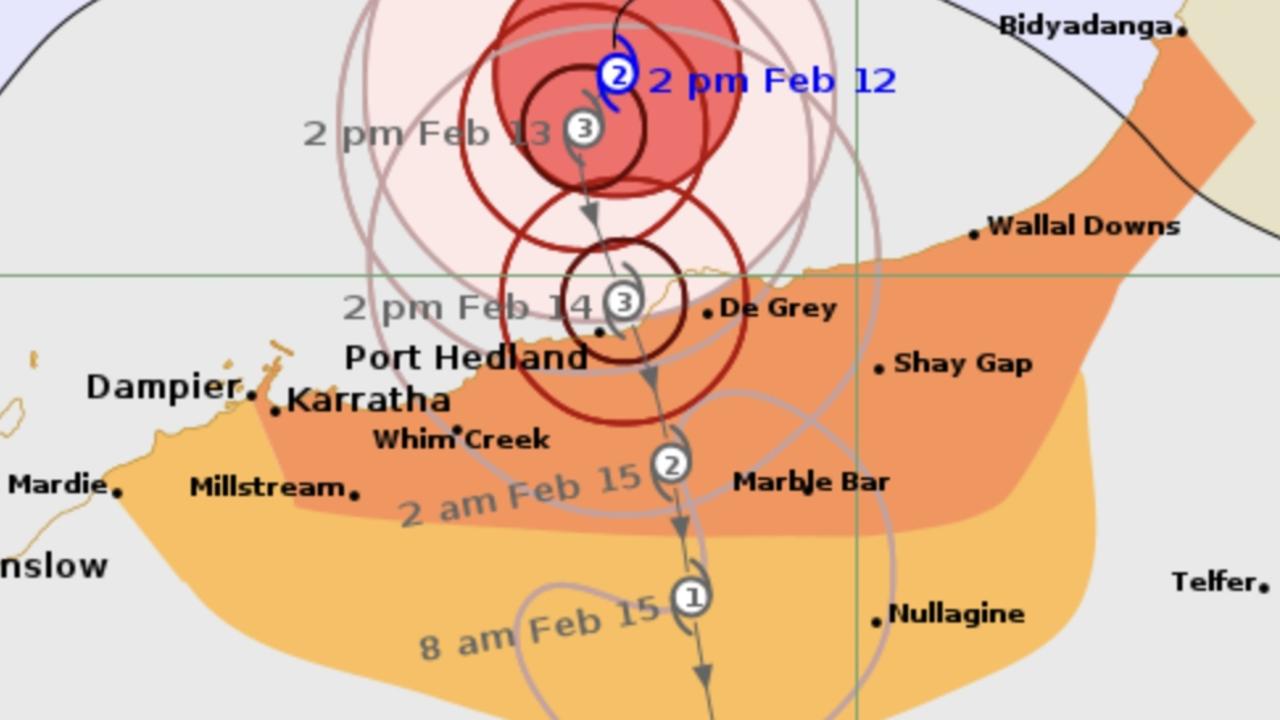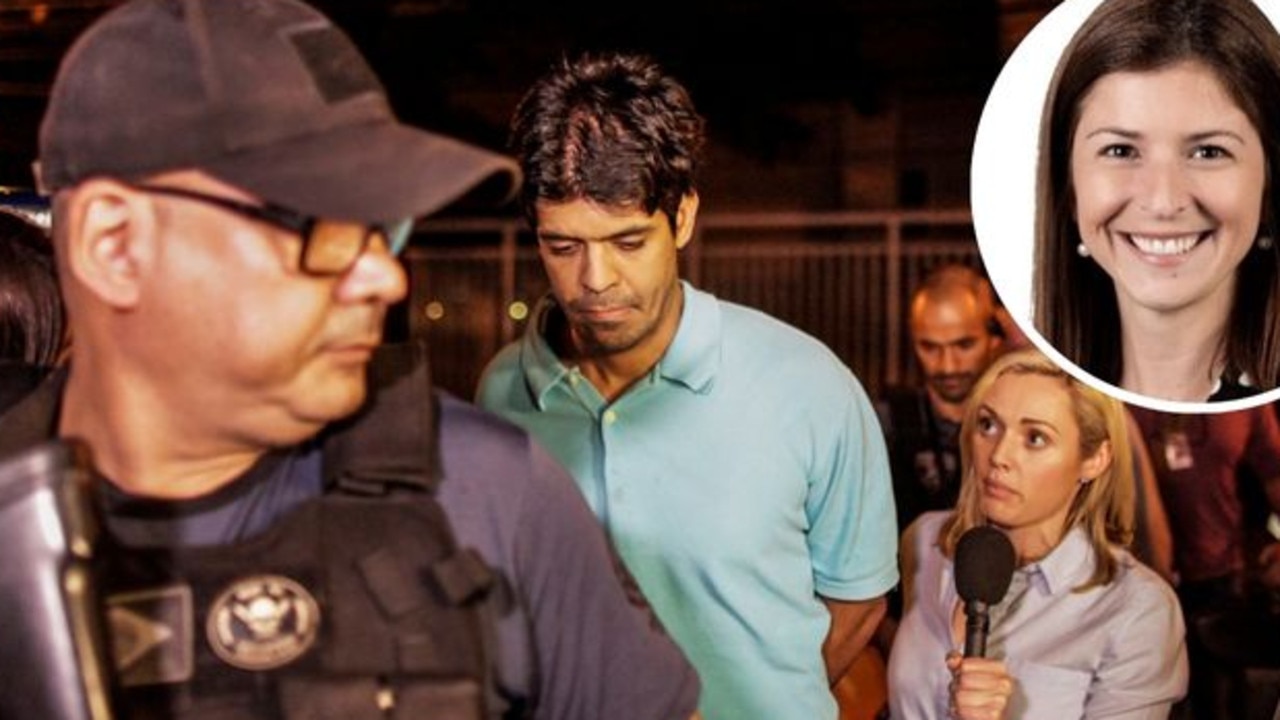Curriculum crisis looms if Aussie kids aren’t taught media literacy
The Morning Show joins forces with Kids News, launching the 2024 Junior Journo Newsroom to rally the nation’s cub reporters as spiralling disinformation puts national curriculum to the test.
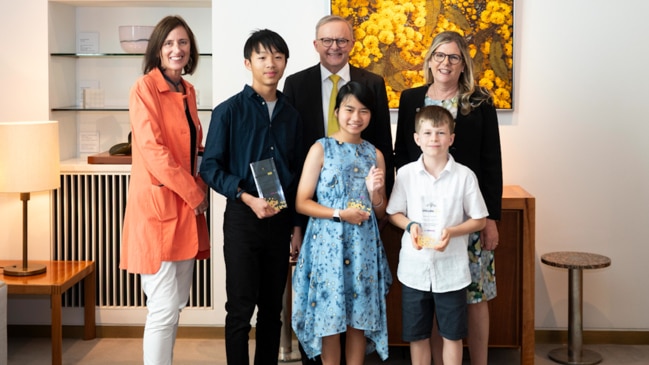
The Morning Show hosts Kylie Gillies and Larry Emdur welcomed cub reporters to the studio on Friday to help launch the Kids News Junior Journalist Newsroom, as experts agreed it was critical that young Australians developed skills to recognise and create trustworthy content.
Emdur welcomed the competition at “a time where there is so much rubbish on the internet.”
“Misinformation can spread so quickly and be so damaging. The Kids News Junior Journalist competition is a fabulous initiative and will help the next generation of storytellers understand the power of fact over fiction,” he said.
As rampant disinformation rapidly redefines what it even means to be literate, education and media experts have called underplaying media literacy in curriculum setting “disastrous”.
Deakin University senior lecturer Dr Lucinda McKnight said that “media literacies have long been devalued in the Australian English curriculum”.
“This conservative shift away from media, and from the texts that are dominant in students’ lives, has proven to be disastrous for meeting the digital literacy demands of contemporary society,” she said.
“Timely and generative AI-aware media literacies urgently need to take centrestage in any revised curriculum.”
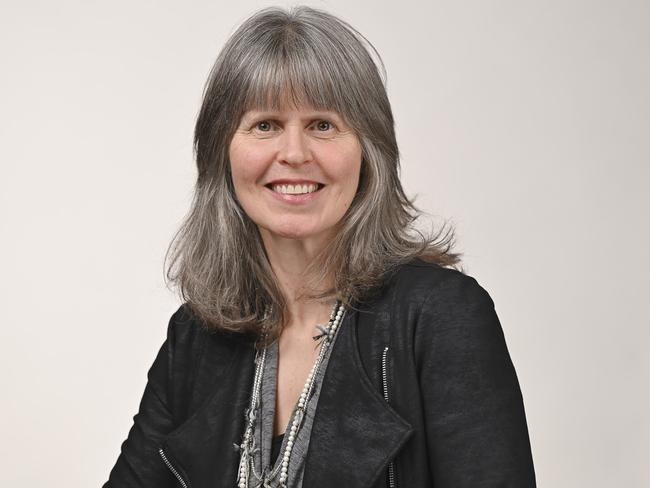
University of Canberra Associate Professor Michael Jensen, co-author of the report Australian Perspectives on Misinformation, said a focus on media literacy for children was “absolutely fundamental”.
“Most of the things that we know about the world around us come to us through the media,” he said. “Given information is the fundamental fabric through which we interact with everything that’s meaningful in our world, disinformation is potentially that kind of all pervasive threat.
“Being a critical consumer of news is really important … (helping) people recognise how a source is trying to induce a response in them as opposed to providing them with information is really important.”
Assoc Prof Jensen said that the job of aspiring junior journos should be to “start off with the idea that their role is to inform, first and foremost, and not to influence”.

As News Corp Australia’s free digital classroom resource Kids News launched the Junior Journo Newsroom, The Australian Curriculum, Assessment and Reporting Authority (ACARA), which developed the Australian curriculum, said the latest version (9.0) does “significantly (strengthen) what students should be taught about media literacy”.
“Given the importance of this issue, we’ve woven it into content across the whole curriculum,” an ACARA spokesperson said.
In English, students were expected to interrogate how texts were created, including whether they were designed to inform or influence.
The spokesperson said students needed to become critical thinkers and be supported to seek, “identify, process and evaluate information ... from a range of sources, making decisions about expert or personal opinion and, importantly, understand which sources are trustworthy, relevant and useful.”
“It’s great to see initiatives like the Kids News Junior Journalist Newsroom to help support the effort in ensuring that young Australians develop the skills to engage with, recognise and create accurate, informed and trustworthy content,” they said.
Supported by News in the Community in partnership with the Seven Network, the expanded 2024 competition, now in its second year, aims to support “the growing need for Aussie kids to get on the tools”.
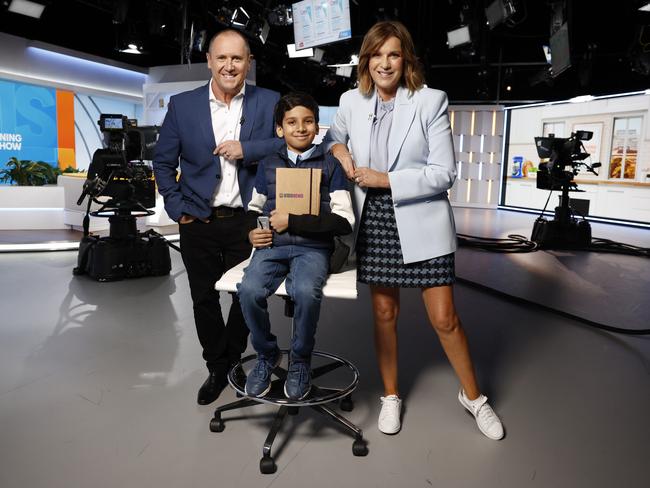
News Corp Australia’s Community Ambassador Penny Fowler said the competition “is exciting because it encourages young people to develop their focus on facts”.
“It involves the same skills that professional journalists depend on daily – the ability to separate the truth from the false and the worthy from the worthless,” Ms Fowler said.
Kids News editor Diana Jenkins said, “There’s no definition or practice of ‘literacy’ anymore that doesn’t involve media.”
“Practical reporting and verification skills are absolutely critical for this generation of young students. Kids News has a real responsibility and passion to support that,” she said.
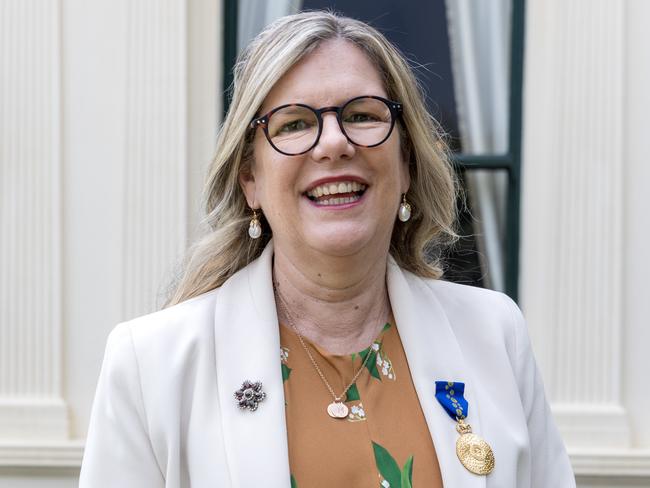
Named 2023 Kids News Junior Journalist of the Year, Madison Riquelme, 13, a year 8 student at St Monica’s College Epping in Melbourne, said it was “so hard for people to find a source that they can trust, with all these speculations going around and not backed up with evidence.”
“I do think that they could teach us a little bit more about it,” she said.
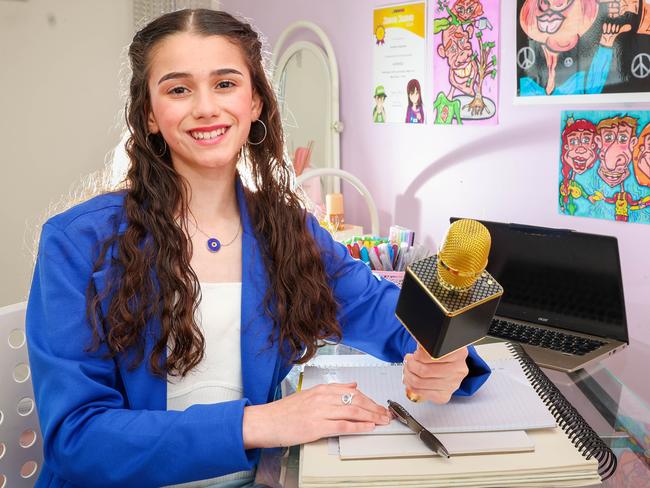
Now a year 5 student at Sydney’s North Rocks Primary School, 2023 category winner Adit Garg, 10, said that children were “very vulnerable to misinformation”.
“It’s really great to provide sources,” Adit said. “If people are doubting the credibility of news, they can go and check those sources to see for themselves whether it’s a reliable source or just some random information; it could just be false.”
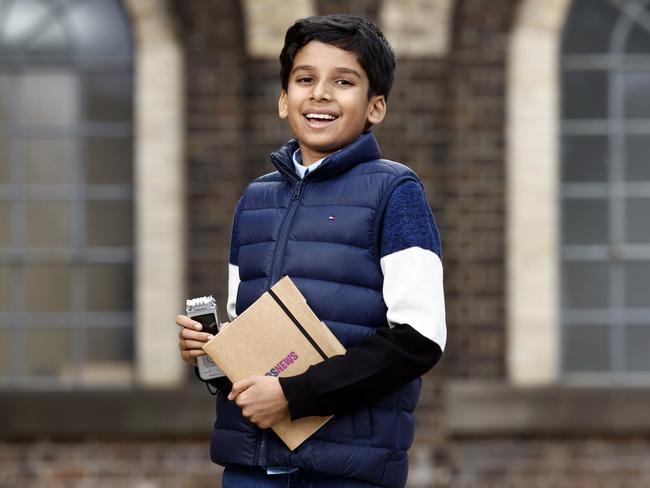
Entries are now open to Australian school students in years 3 to 9. As well as awarding Story of the Month, the Kids News Junior Journo Newsroom Awards will announce news and sport category prizewinners after the annual competition closes on November 22.
This year also sees the introduction of two Junior Journos of the Year, one each in primary and secondary, who will both win a guest presenter spot on The Morning Show, studio tour, HarperCollins book pack and prepaid gift card.
For more information and to enter, visit kidsnews.com.au/junior-journo
Originally published as Curriculum crisis looms if Aussie kids aren’t taught media literacy


